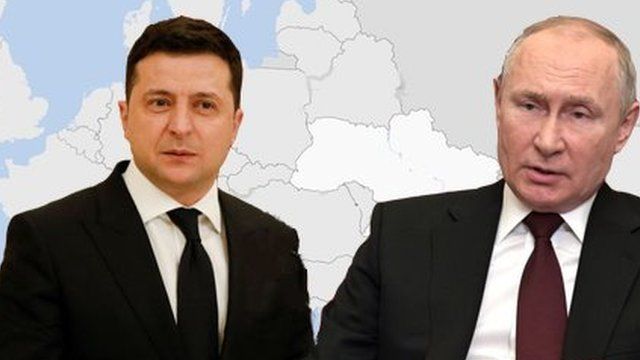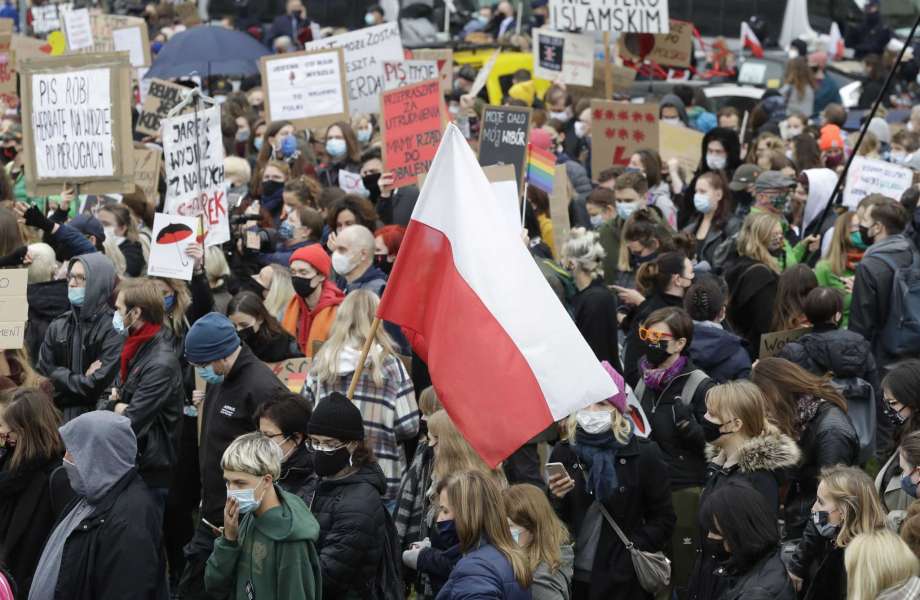We’ve Lost 498 Troops In Ukraine – Russia
Russia said Wednesday that 498 Russian troops had been killed in Ukraine, its first announced death toll since President Vladimir Putin launched an invasion of the country last week.
“Four hundred and ninety-eight Russian servicemen have died in the line of duty,” defence ministry spokesman Igor Konashenkov said in a statement broadcast on state television, adding that “1,597 of our comrades have been wounded.”
Meanwhile, before the announcement, Ukraine’s ambassador to the United Nations accused Russia of seeking to commit genocide in his country, speaking at a rare General Assembly debate on Wednesday, more than a week after Moscow’s invasion.
“They have come to deprive Ukraine of the very right to exist,” Sergiy Kyslytsya told the Assembly ahead of a vote on a resolution demanding Russia withdraw its forces from the eastern European country.
“It’s already clear that the goal of Russia is not an occupation only. It is genocide.”
Russia’s envoy Vassily Nebenzia, speaking shortly after, accused Ukraine of “rampant neo-Nazism” and the West of using “open and cynical threats” to persuade other countries at the UN to vote in favor of the resolution.
He said Russia only wants to stop a separatist conflict in Donbas, in eastern Ukraine.
A vote by the 193 members of the UN on whether to deplore the invasion and demand Russia’s withdrawal will follow shortly. The resolution needs a two-thirds threshold of those voting to pass.
The resolution, led by European countries with the support of Ukraine, is non-binding but would serve as a powerful rebuke of Moscow’s attack on Ukraine.
Russian President Vladimir Putin launched the full-scale invasion of Ukraine on February 24. Moscow has pleaded “self-defense” under Article 51 of the UN Charter.
But that has been roundly rejected by Western countries who accuse Moscow of violating Article 2 of the Charter, requiring UN members to refrain from the threat or use of force to resolve a crisis.
AFP





